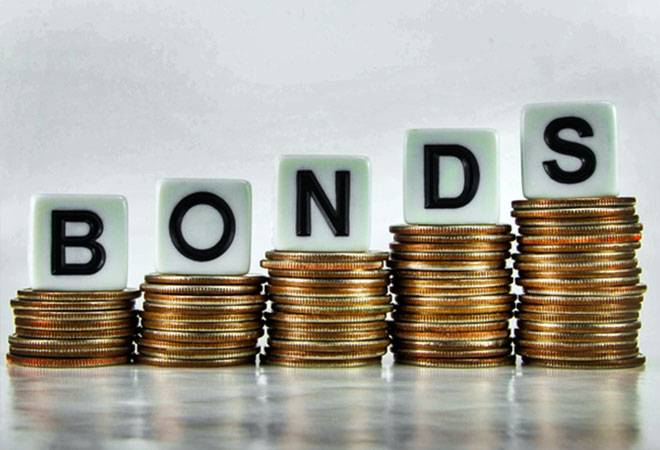07 Aug , 2022 By : Kanchan Joshi

Bonds are loans made by investors to borrowers like governments and businesses. The investor earns interest on the investment while the borrower utilizes the funds to support its operations. Many financial advisors agree that bonds may be a terrific complement to your investing portfolio when carefully used in conjunction with equities and other assets.
No matter who issues a bond, they can be divided into one of 2 categories. There are- secured and unsecured. Any investor must be aware of the differences between these two types. Let us start by understanding the secured and unsecured bonds in detail.
Secured bonds
A bond is referred to be a "secured bond" if it is backed by an asset class. If a bond is secured, which means there is collateral supporting the loan, it is said to be collateralized. The collateral can be in the form of liquid stocks or tangible assets such as real estate, equipment, or machinery.
For instance, mortgages are secured loans, and if you don't pay them back, the bank will seize your home. In a similar manner, a bond is secured if it has collateral supporting it. The collateral will be liquidated (sold) and the proceeds will be distributed to the bondholders if the issuer is unable to pay the interest and/or principal owed to bondholders.
Unsecured bonds
Unsecured bonds, also known as debentures, are backed by the issuer's "full faith and credit" rather than a specific asset. In other words, the investor has the promise of repayment from the issuer but no entitlement to any specific collateral.
In the event that the firm issuing these bonds goes bankrupt and fails to make payments to its shareholders, the return of the outstanding principal amount as well as interest is not guaranteed. This is due to the absence of any assets or potential sources of income that could be used as collateral. The bond is therefore "unsecured."
Key differences
Bonds that are secured are typically thought of as safer investments than those that are unsecured. The asset used as collateral might be sold if the business starts to have financial difficulties in order to assist it pay its debts. The holders of unsecured debt, however, have no actual claim to the money due if a corporation liquidates its assets in a bankruptcy procedure.
Additionally, secured bonds often have lower interest rates since there is less risk involved. In contrast, because they carry a larger risk, most unsecured bonds provide substantially higher interest rates.
In most cases, secured bond issuers are unrecognized small businesses. Established businesses, on the other hand, typically issue unsecured bonds. This is due to the fact that investors would only provide their money to reputable businesses.
For investors who don't want to take on too much risk, secured bonds are ideal. Conversely, the risk associated with unsecured bonds is higher. However, unsecured bonds issued by large corporations are seen to be less risky.
Both unsecured and secured bonds are equally well-liked by investors, despite the greater riskier nature of unsecured bonds. A person's financial objectives, including their investment horizon, risk tolerance, and projected return, must be taken into consideration when deciding whether to invest in secured or unsecured bonds.
0 Comment